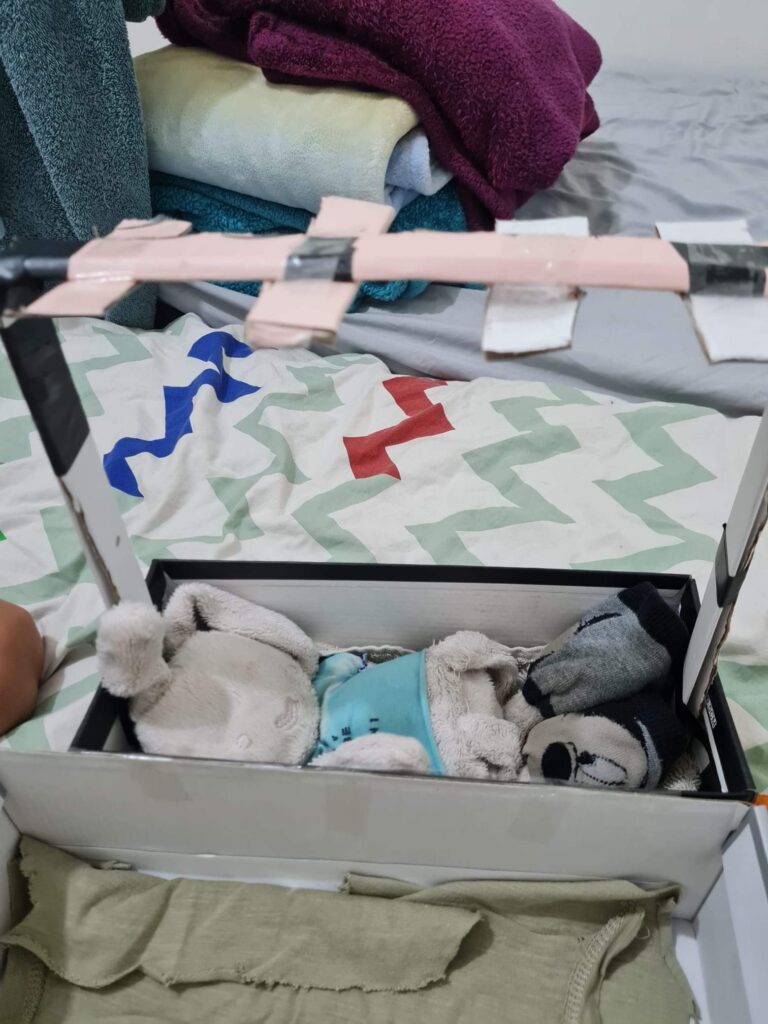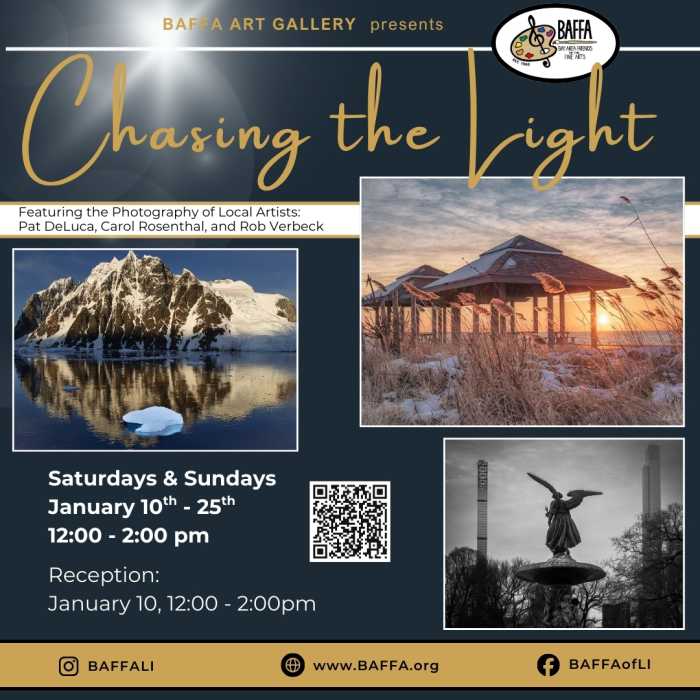I am a writer but it’s hard for me to put together one coherent sentence to explain what we have just experienced in Israel. More than 1,200 men, women, children, and babies slaughtered. More than 2,000 people wounded. More than 400 people kidnapped. Missing.
Hamas barbarically murdered families in their homes. Reportedly beheaded babies. Set people’s houses on fire and burned them alive.
I have never really been scared living here, in the place I’ve called home since 1991. When I moved here from Great Neck, I was idealistic, hopeful—and naïve. I didn’t understand the mentality of the Middle East. I kept myself going by believing that when Hamas and Hezbollah said they wanted to destroy Israel, they didn’t really mean it. Like other people, I just assumed they wanted “justice” for the Palestinians. It was hard for me, a liberal thinker, to understand that when Iranian leaders said—and continue to say—they want to “wipe Israel off the map,” they mean it. Just like Hitler meant it.
Israelis have always used humor to get through tough times. A few years after I arrived, I went to get my hair cut in the nearby town of Nahariya when sirens went off, telling people to go immediately into bomb shelters.
“What should I do?” I asked Miro, the haircutter.
“Well, if you’re going to die, at least die beautiful,” he replied.
That was then.
This is now, and there are no funny quips. Nothing to say.
Even during the last war in Lebanon, in 2006, when my older son got wounded, and his fellow Israeli-American soldier, Michael Levin, from Pennsylvania, was killed, I wasn’t this frightened.
I can’t open Facebook or Instagram without seeing the faces of people who look familiar to me. Faces of my country. Someone killed, someone missing . . .
But I’d like to share some important information so that you understand this conflict.
In 1947, the United Nations voted for the founding of two states: one Jewish and one Arab, on this land.
Jews overwhelmingly accepted the decision, and the Arabs not only did not accept it, the surrounding countries (Lebanon, Egypt, Syria and Jordan) attacked Israel, openly declaring that they would kill all Jews living here. Moreover, these countries actively persuaded local Arabs to move away until their armies destroyed Israel.
Against all odds, Israel won the War of Independence and has continued to exist.
In 1967, Arab countries waged war, lost again, and only as a result of this defeat was Gaza taken by Israel. Before then, it was under Egyptian control.
In 1973, the Arabs once again started war against Israel. They were more successful but they still lost in the end. The fate of Israel wasn’t clear until the very end. Then, finally, Egypt changed its attitude and made peace with Israel. Israel gave back to Egypt all the lands taken in 1967, indicating Israel will return land if real peace can be secured.
Israel established peace with Jordan. In 2020, the Abraham Accords brought peace between Israel and the United Arab Emirates, Bahrain and Morocco. Israel was on the verge of making peace with Saudi Arabia.
Unfortunately, a similar apparatus does not work with Palestine. Even when the Oslo Peace Accords began in 1993, with most Israelis wishing for peace, the Palestinian leadership (and their backers) intensified their suicide bombings and killed several thousand Israelis in a few years. In fact, one of the most violent periods of Israeli history coincided with negotiations which were supposed to give them a state.
In 2000, when former President Clinton tried to negotiate a deal between Israel and the Palestinians, and once again when former Prime Minister Ehud Barak offered them almost everything they requested, including East Jerusalem and all the West Bank, they once again increased the violence until the negotiations failed. This has happened again and again.
The explanation for this irrational and illogical behavior is simple.
Hamas and Iran-sponsored Hezbollah are not interested in making peace with Israel despite all the benefits in education, culture, well-being, tolerance, humanity, and peace. When people say, “Free Palestine,” that means free Palestine of Israel. And the Jews.
I need to stress one final point. When a friend told me she pitied the people in Gaza, I said now is not the time to pity them. It’s like pitying Germans in Nazi Germany during the Holocaust.
Westerners have big hearts. We care. But when we pity the people in Gaza, Hamas uses our compassion to justify these massacres.
All the humanitarian aid money—billions and billions of dollars—didn’t go for the betterment of people in Gaza. Beginning in kindergarten, internationally-funded Gaza schools teach children to hate Jews. Gaza summer camps play games about murdering Jews.
Hamas has used charitable donations for weapons. Do not be fooled into thinking that it is because of Israel that life in Gaza is miserable. Hamas leaders want people’s lives there to stay miserable to further their cause.
We live 12 miles from the northern border with Lebanon. Hezbollah has stockpiled more than 150,000 rockets and missiles pointed in our direction, under the auspices of United Nations “peacekeepers.”

Israelis have banded together to help one another. One of my daughters is bringing food to elderly people living alone; the other is cooking meals for evacuees. My stepdaughter, Libi, has spent the last week taking care of two little boys whose father was one of the first soldiers to be killed on Saturday, when he led a hostage rescue intervention in Kibbutz Re’im.
Libi’s youngest son, Yishai, has just finished sewing a shirt for his stuffed animal, a bunny rabbit. He also made it a bomb shelter in a shoe box, so it can be safe when the bombings begin.
Diana Bletter is a published author. Her latest work The Loving Yourself Book For Women was published on May 28, 2023. She is a 1974 alumnae of Great Neck South High School.
Editor’s note: the current conflict in Israel-Gaza is a developing story, and information about the war will change.

































